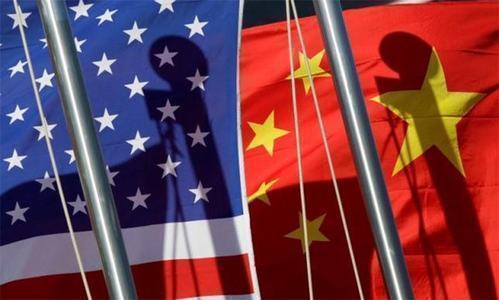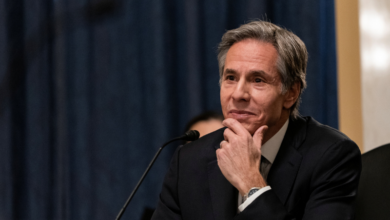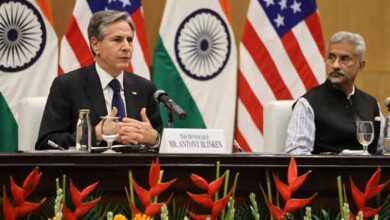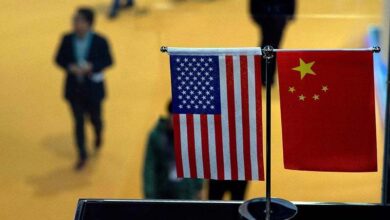
China on Wednesday said it would spare a number of US products from punitive tariffs in what is seen as an olive branch by Beijing in the protracted trade war ahead of high-level talks next month.
However, the goods do not include big-ticket agricultural items that could be crucial to the ultimate success of any agreement between the two sides, whose stand-off is dragging on the global economy.
The exemptions will become effective on September 17 and be valid for a year, according to the Customs Tariff Commission of the State Council, which released two lists that include seafood products and anti-cancer drugs.
The lists mark the first time Beijing has announced products to be excluded from tariffs.
Other categories that will become exempt include alfalfa pellets, fish feed, medical linear accelerators and mould release agents, while the commission said it was also considering further exemptions.
Trade negotiators have said they will meet in Washington in early October, raising hopes for an easing of tensions between the world’s two biggest economies.
Both sides imposed fresh tit-for-tat tariffs on September 1 in the latest round of levies, which now cover goods worth hundreds of billions of dollars.
“These adjustments signal that China is more willing to make progress in the October trade talks, likely toward striking a ‘narrow’ agreement that involves China buying more US goods in exchange for the US suspending further tariff hikes,” Barclays analysts said in a research note.
The analysts said Beijing had been sounding a more “constructive” note in recent weeks over trade relations.
In a sign of the pressure being felt by China, the central People’s Bank of China said on Friday it would cut the amount of cash lenders must keep in reserve, allowing for an estimated $126 billion in additional loans to businesses.
China’s economy grew 6.2 percent on-year in the second quarter, the lowest rate in nearly three decades.
President Donald Trump on Friday said the weight of the protracted trade war is damaging China more than the US.
“China is eating the tariffs,” he said on Twitter, repeating his claim that higher duties mean Washington is collecting billions of dollars from the Asian giant, without costs being passed on to US consumers.
But experts have warned there are signs the US is also feeling the pinch, with job creation slowing across major industries last month.







